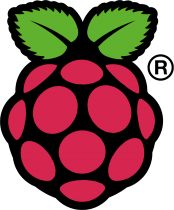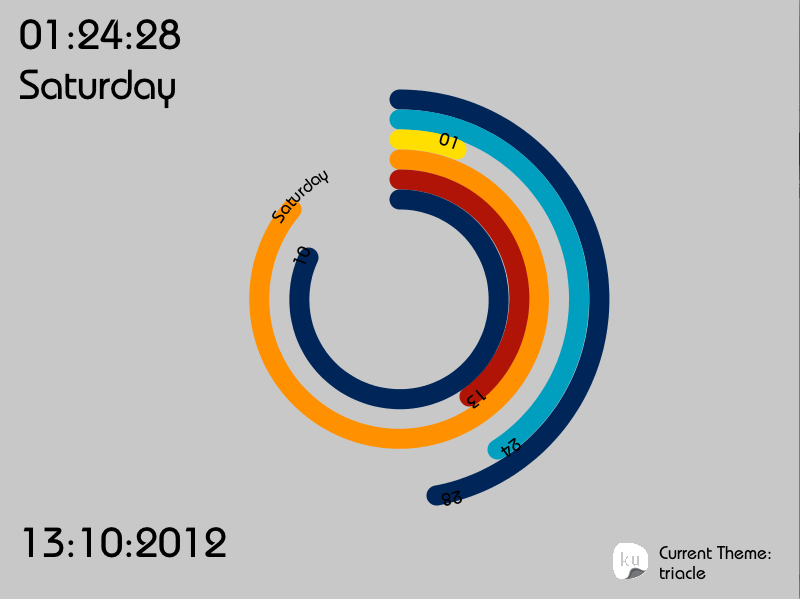
I was one of the lucky few to get hold of my Raspberry PI during it’s initial release earlier this year. Since then I haven’t really done much with it, apart from tinkering around with the different OS’s available for installation.
I plan to use my Pi for a future project named “open-dash” (project details coming soon), which will essentially require the Pi to boot ASAP and run a simple GUI application in fullscreen upon startup. The application will simply display statistical data and will not require the use of a keyboard or mouse.
So this weekend I have been experimenting with the different OS’s easily available to install on the Pi, from raspberrypi.org
- Raspbian “wheezy”
- Soft-float Debian “wheezy”
- Arch Linux ARM
- QtonPi
Straight away from just looking at the list I can rule out the “Soft-float Debian Distribution”, as it is not utilising the full capacity of the Pi’s hardware by relying on software to perform tasks that instead of using the hardware that will be quicker.
1 down, 3 to go.
I propose a simple test to help me draw an initial conclusion. I will create a simple test application to be executed upon system boot, and time how long it takes until execution occurs. I will begin research into using minimal based installation images, to strip use of any unwanted packages that would be otherwise unnecessarily loaded, in effort to reduce overall boot time. Without looking at other users benchmarks, I am aiming for a sub 10 second boot time.
UPDATE 18.11.12
After trying numerous distro’s, I was struggling to find a sub-10 second boot time. Official releases of Raspbian boot in about 20 seconds, un-official stripped down releases of Raspbian claiming to be ‘minimal’, didn’t prove to be much quicker. However the official release of Arch Linux boots in near enough damn it 10 seconds, which seems to be promising. Hopefully with a little tweaking I can reduce the boot time even more by removing unnecessary services, as well as looking into a re-building a custom kernel.




